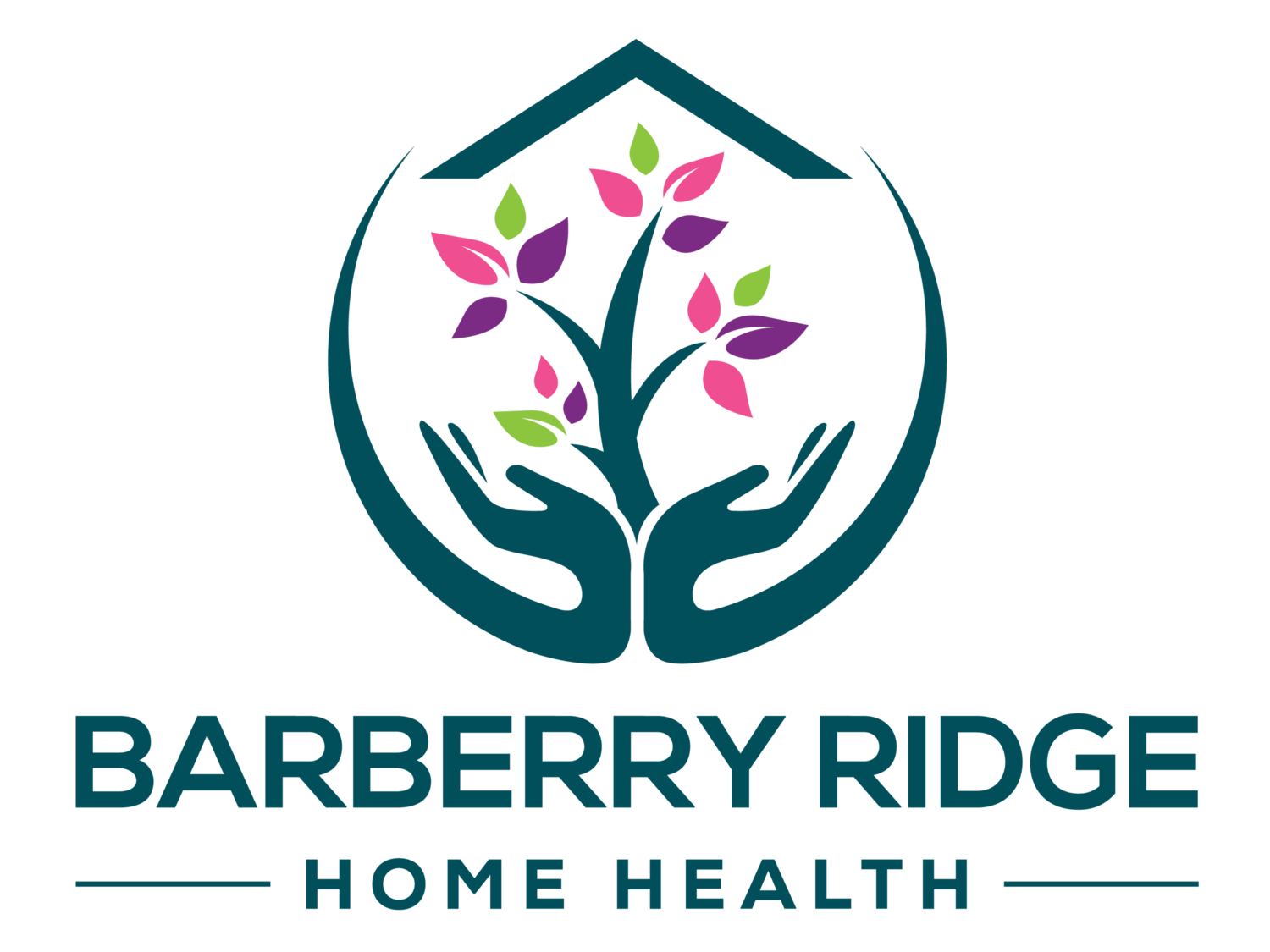May is Celiac Awareness Month. As a family caregiver, this is the ideal opportunity for you to learn more about this often misunderstood disease, so you can better prepare yourself to care for a senior who may be living with Celiac. By understanding the disease, how it impacts the body, and what you can do to prevent symptoms, you can help your parent to cope with their Celiac, and maintain a better health and quality of life as they age in place.
Some things you should know about Celiac Disease during Celiac Awareness Month include:
Home Care Services Ross Township PA - What Should You Know About Celiac Awareness Month
* Approximately 1 out of every 133 people throughout the United States is living with Celiac Disease.
* This number accounts for approximately 3 million people in the country.
* Celiac is an autoimmune disease, and is considered genetic.
* Experts believe that more than 80% of those who are living with Celiac Disease have not been diagnosed.
* Celiac Disease is not isolated. If not managed properly, it can lead to other serious health consequences Including higher risk for certain cancers, osteoporosis, and thyroid disease.
* Currently the only form of treatment for Celiac Disease is eliminating gluten from the diet.
* Celiac Disease is not the same thing as a gluten sensitivity. Those with gluten sensitivity but not Celiac experience far less severe symptoms, and are not at risk for the health impact.
* Approximately 70% of people with Celiac are still exposed to gluten even while trying to maintain a gluten-free diet.
* Nearly half of those with Celiac have skipped an important life events or experience due to their gluten-free diet.
* Approximately 37% of women who live with Celiac Disease also experience symptoms of depression related to their struggles with Celiac.
* 89% of people with Celiac describe experiencing brain fog after being exposed to gluten. This is described as a state of confusion, difficulty concentrating, and grogginess.
* People with Celiac tend to report more negative impact on their quality of life than people living with diabetes or heart disease.
Being a family caregiver for your aging parents can be one of the most fulfilling and meaningful decisions you can make. It can also be one of the most challenging and potentially overwhelming experiences you can have. Meeting the needs of an elderly adult, particularly one who is living with major challenges or health problems, while also juggling other needs such as caring for your children, maintaining your career, and taking care of your house, can lead to stress, diminished health and well-being, and the feeling that you have more to do than time and effort to do it.
Fortunately, home care services can help. Adding a home care services provider to your care routine is a fantastic way to fill care gaps, ensure your parent's needs are fulfilled in the ways that are right for them, and relieve your stress. This supports a better quality of life for both of you throughout their later years.
Source: https://www.beyondceliac.org/60forceliac/Fast-Facts-about-Celiac-Disease-Infographic/1448/

